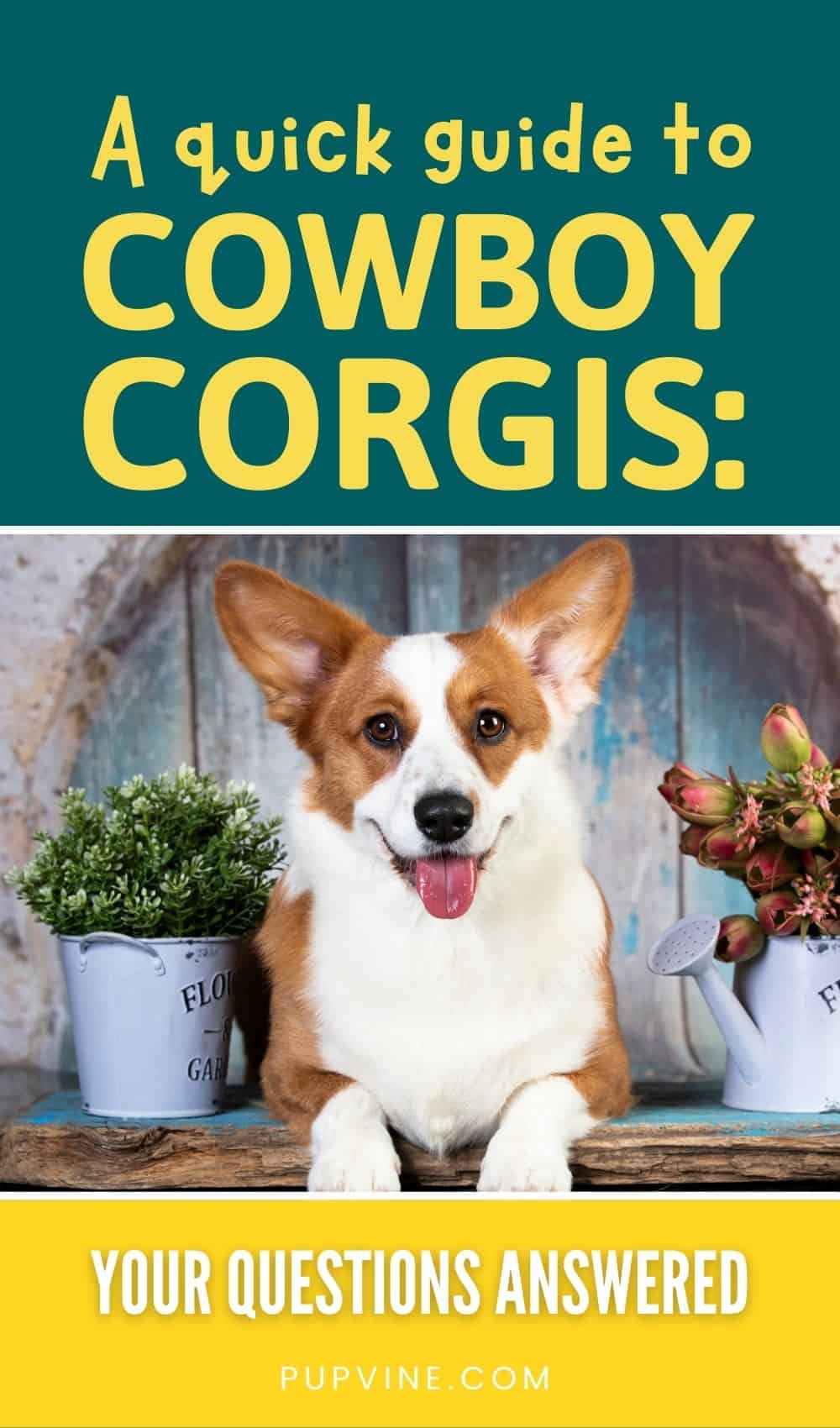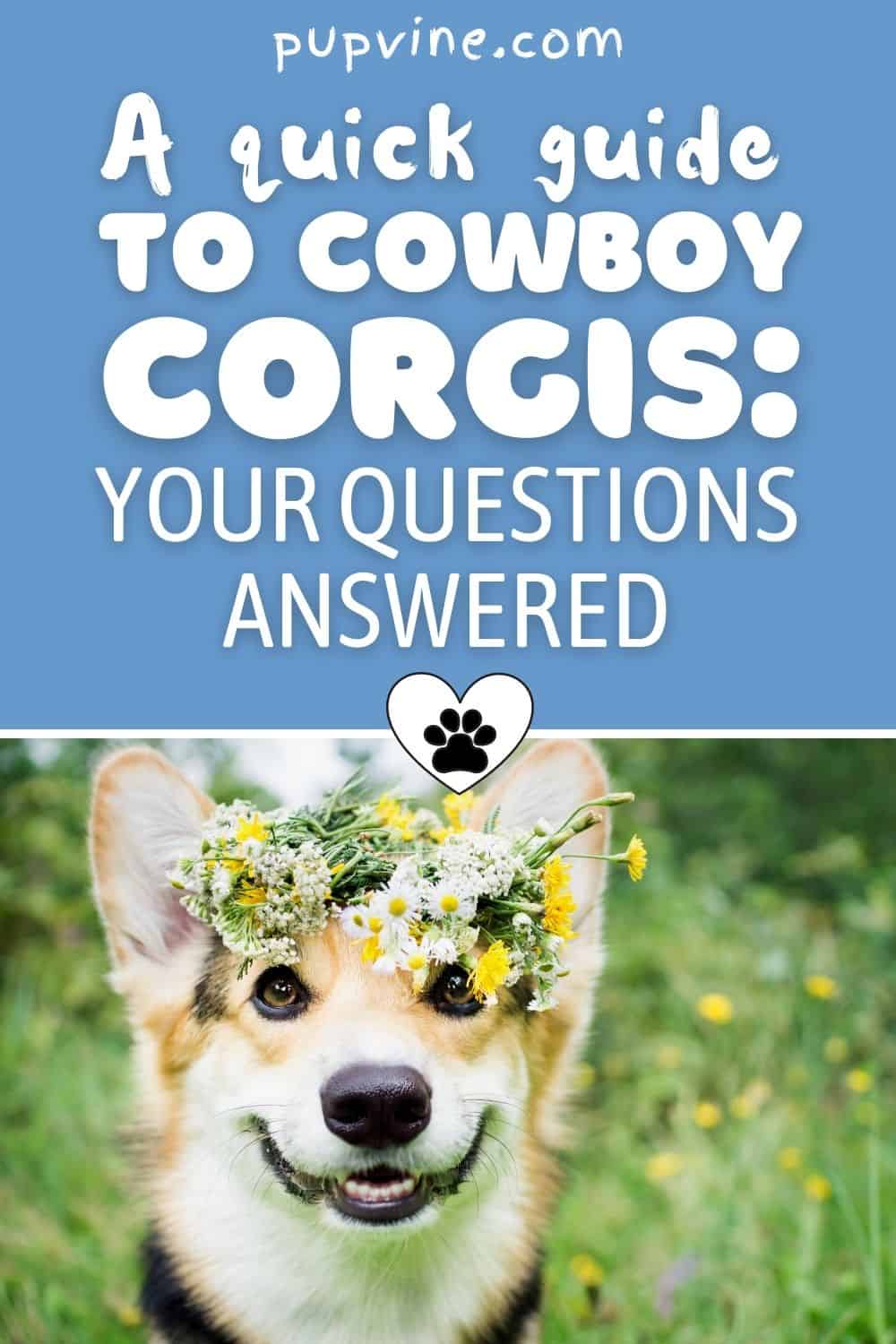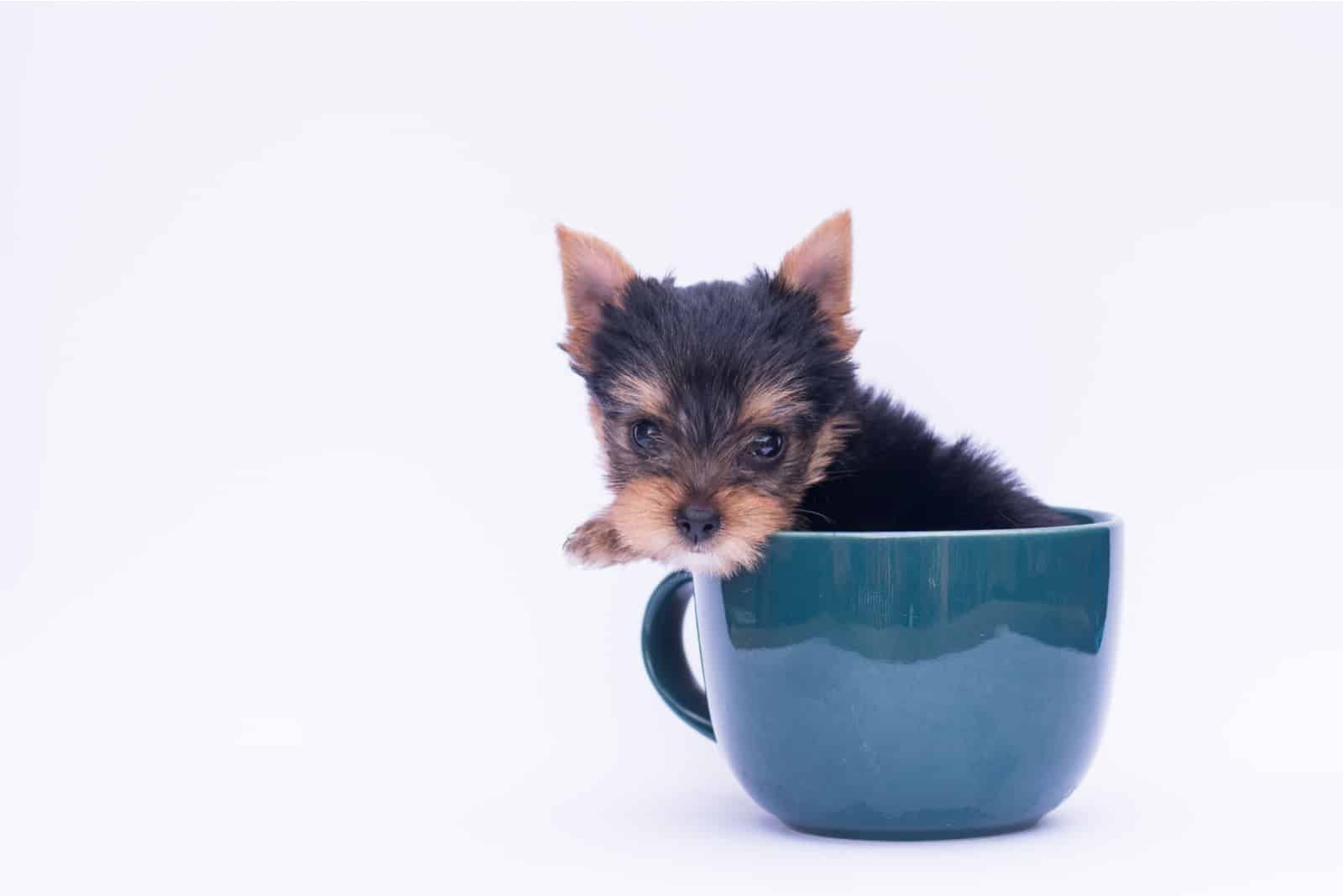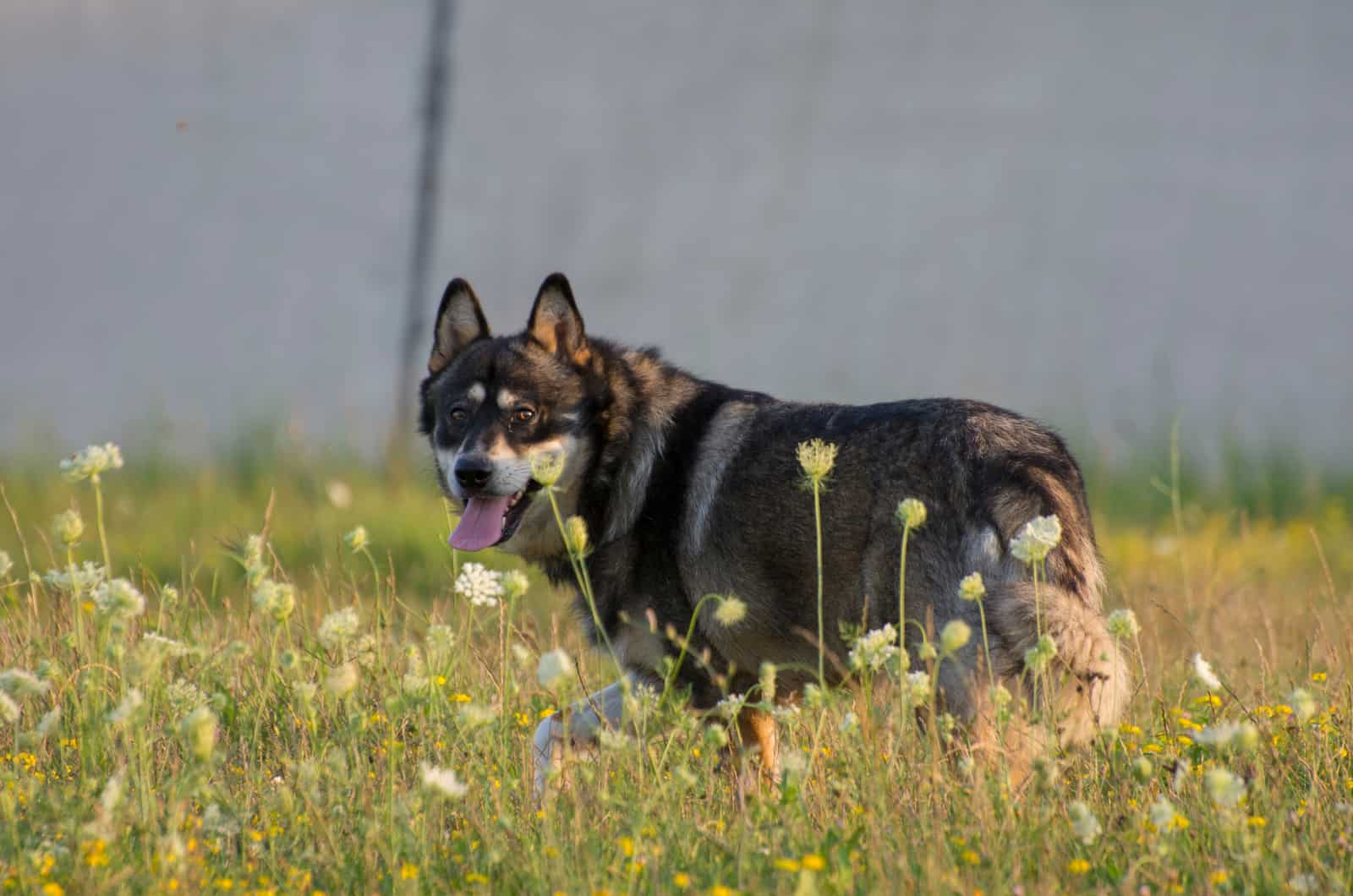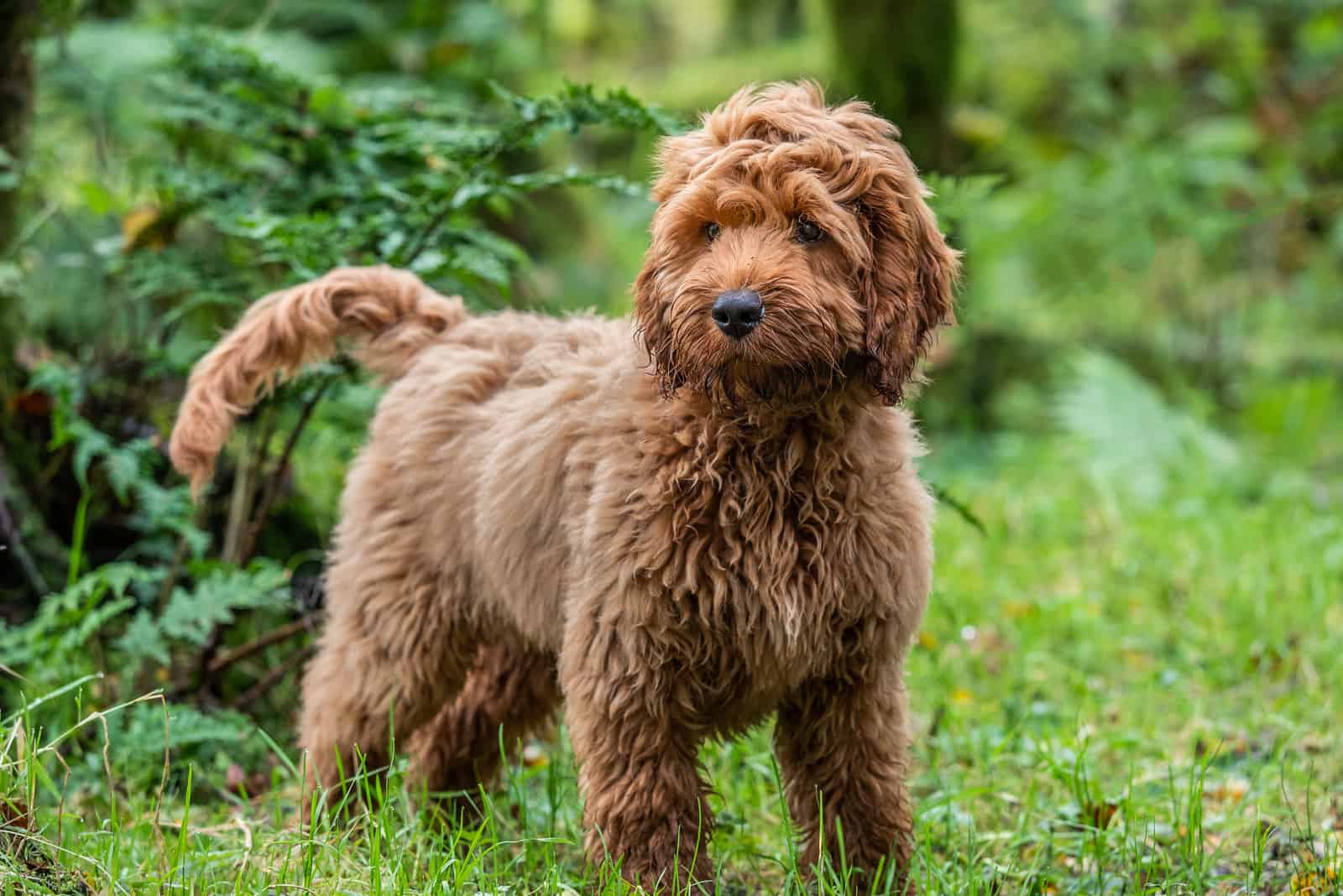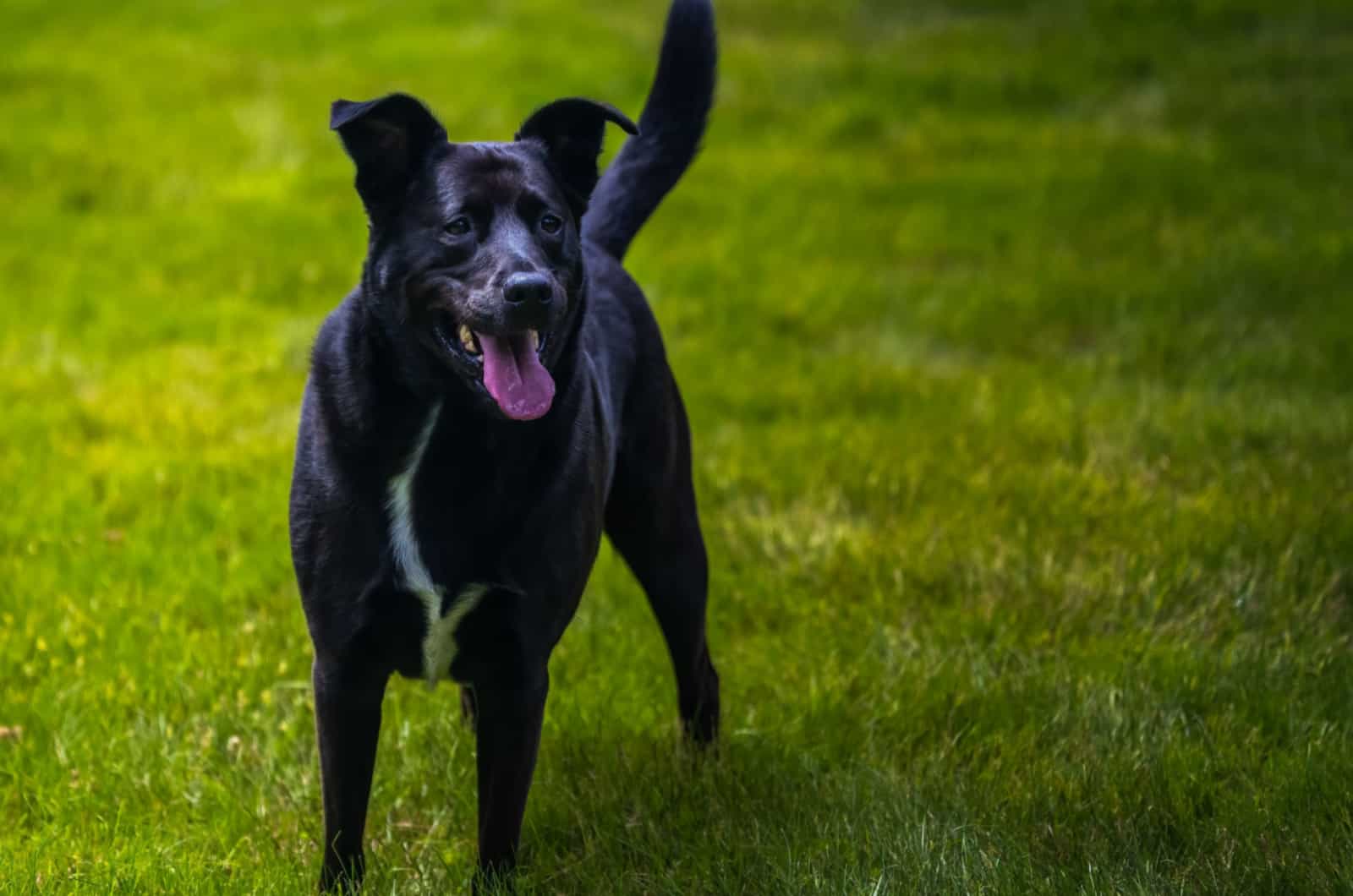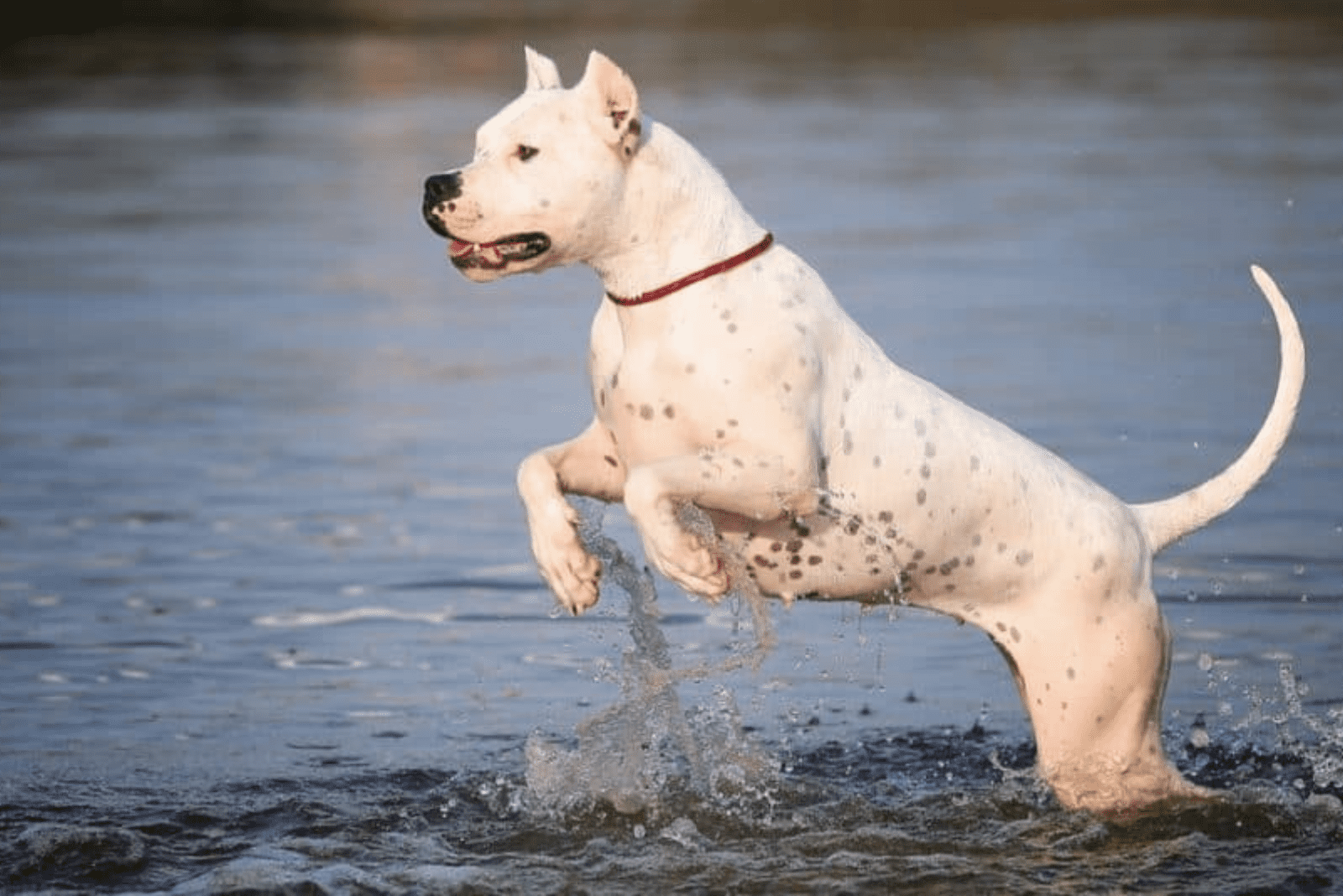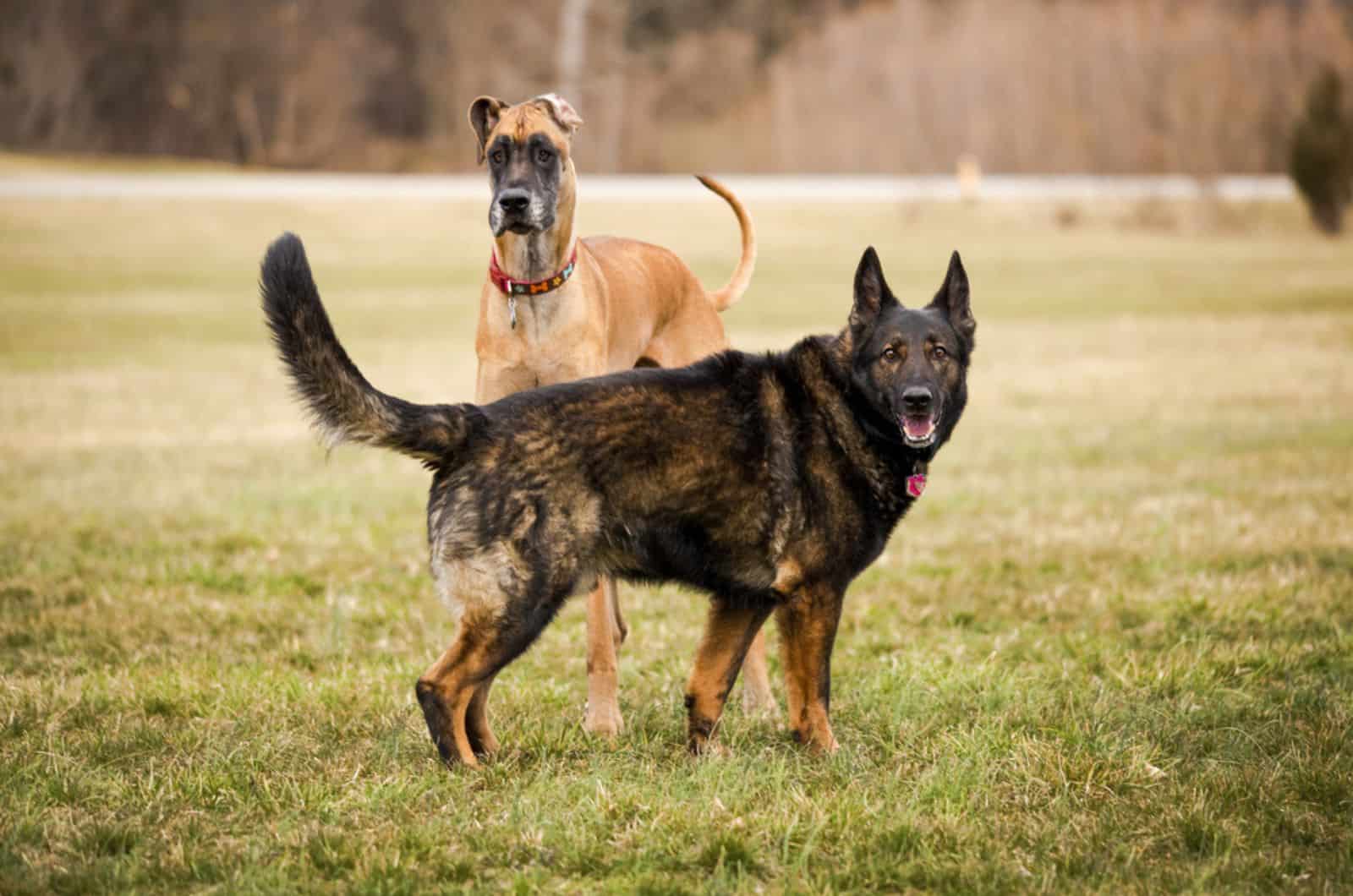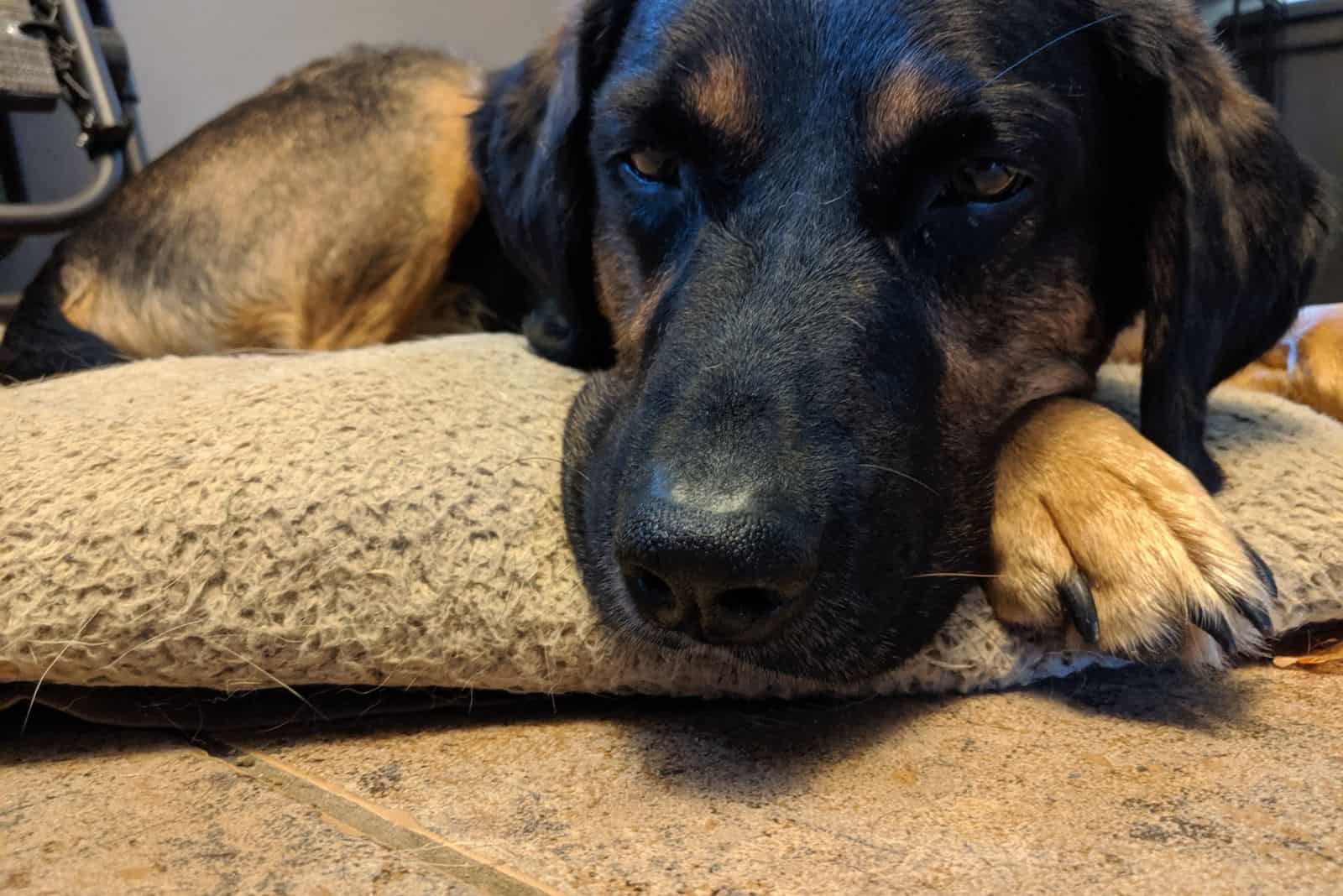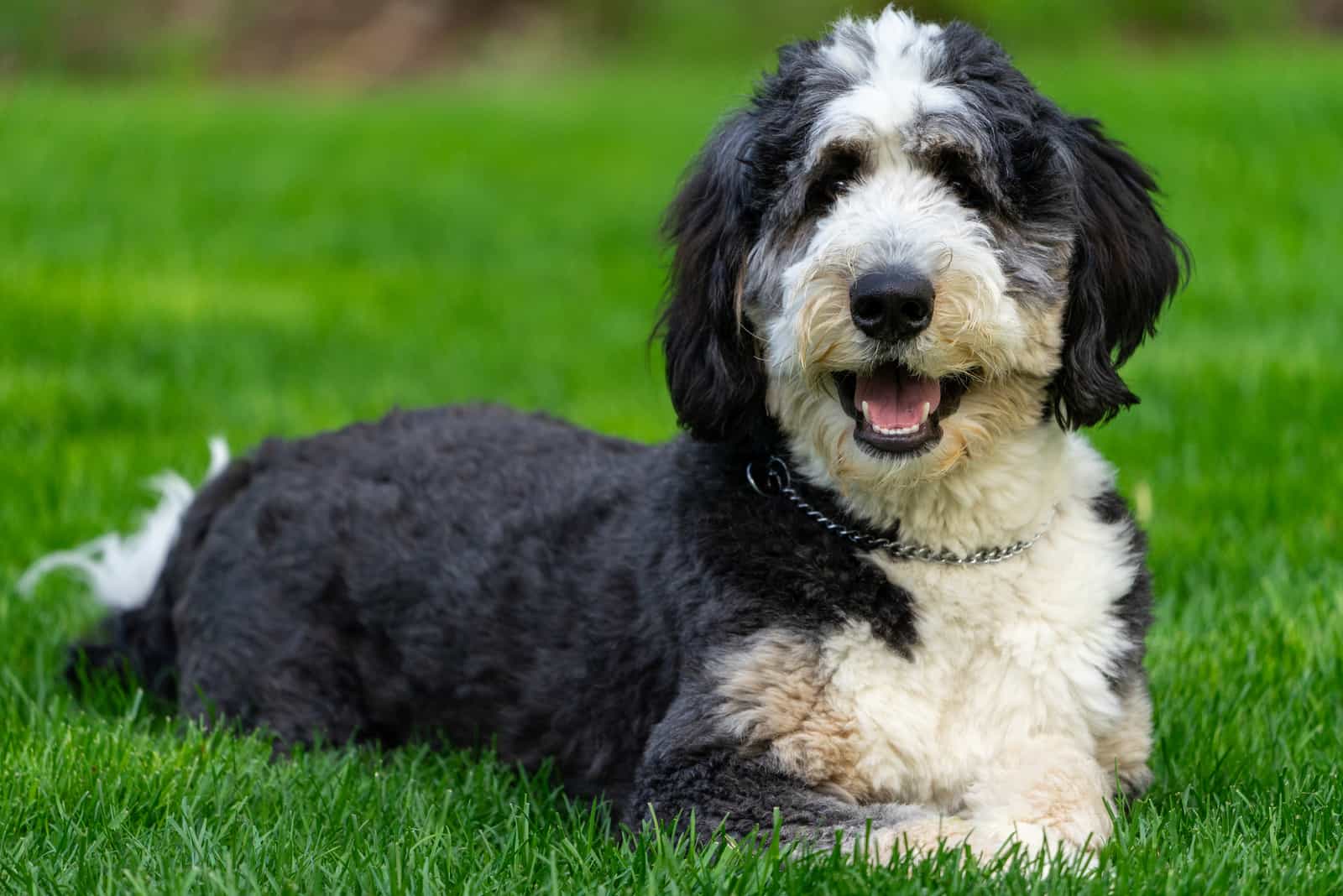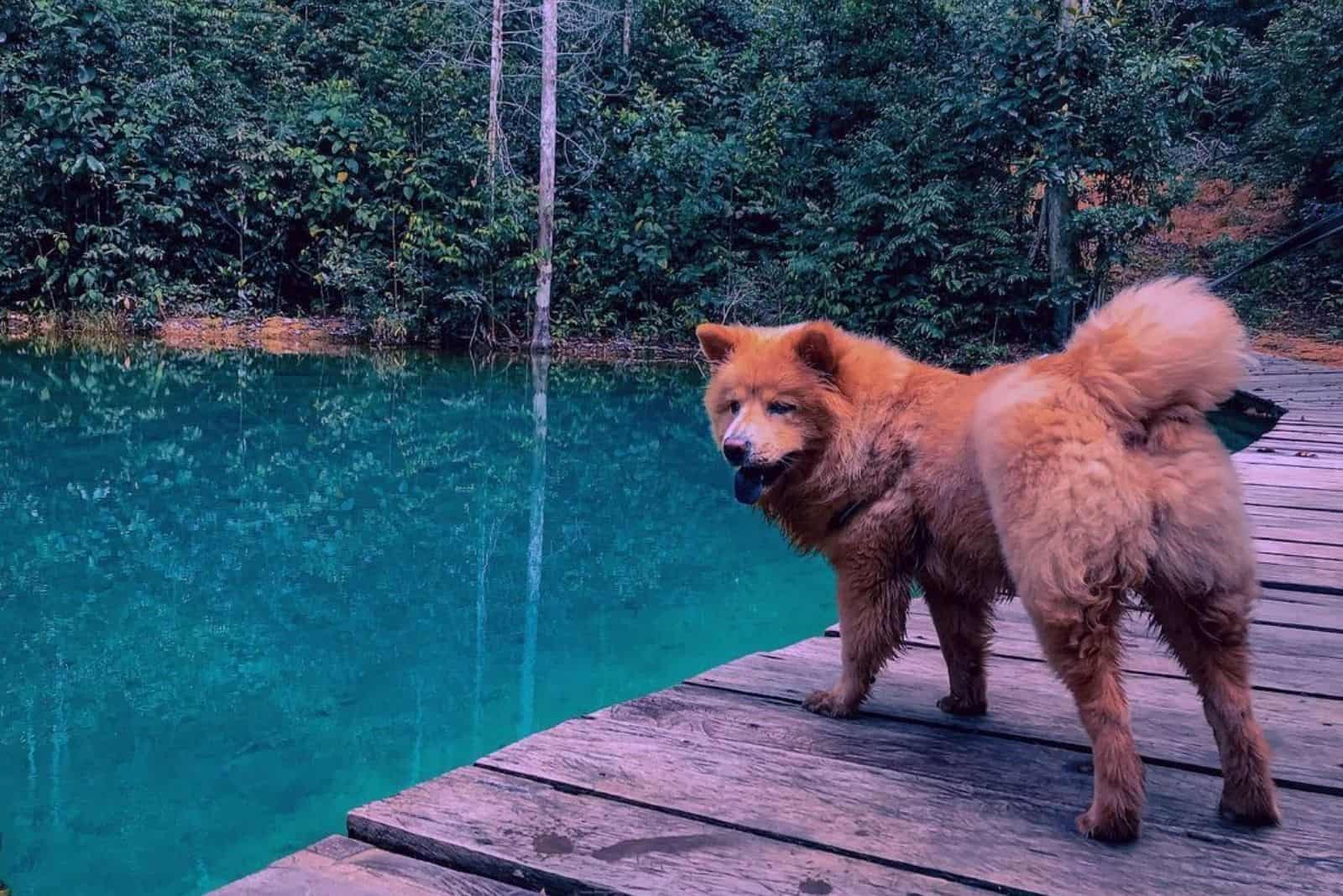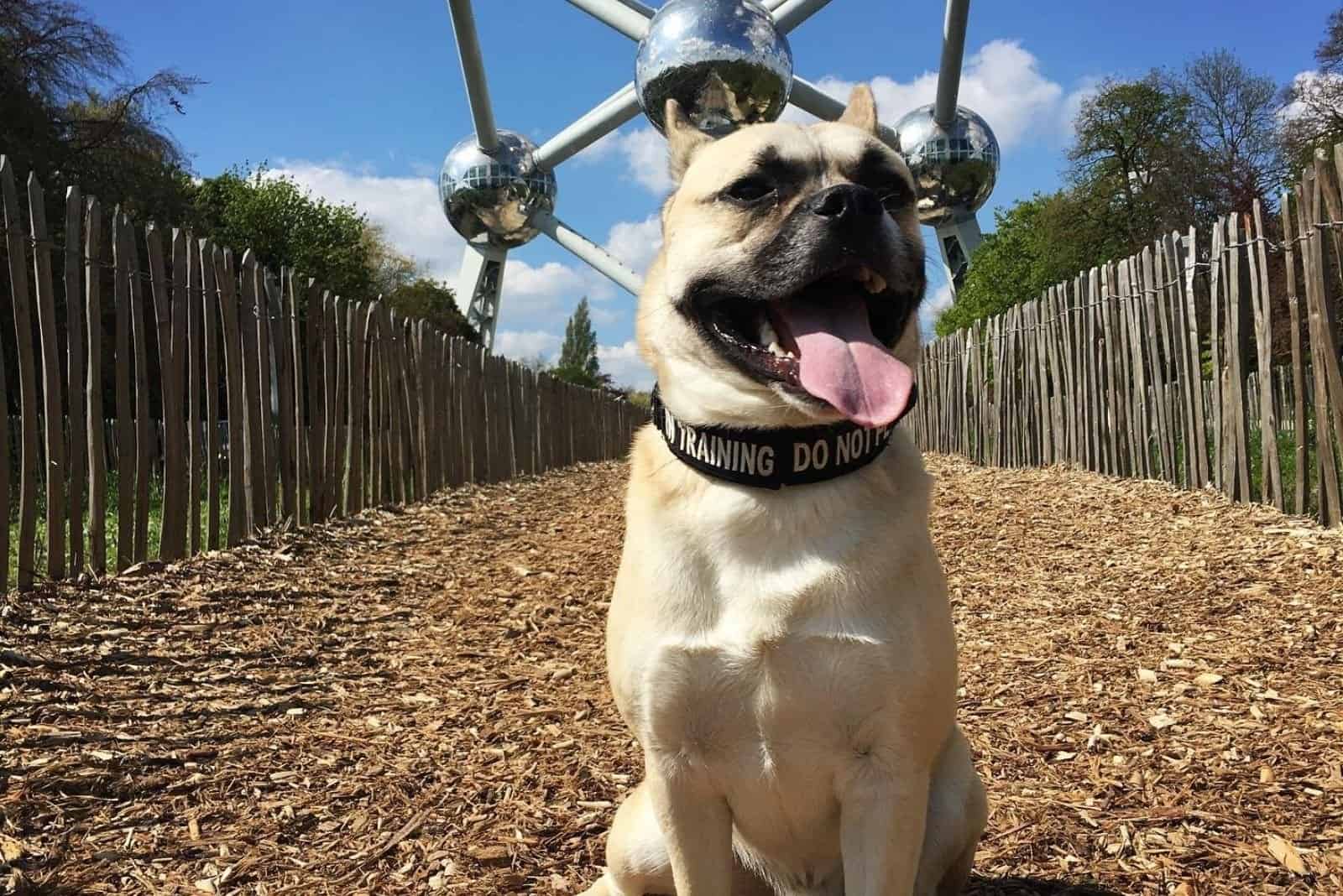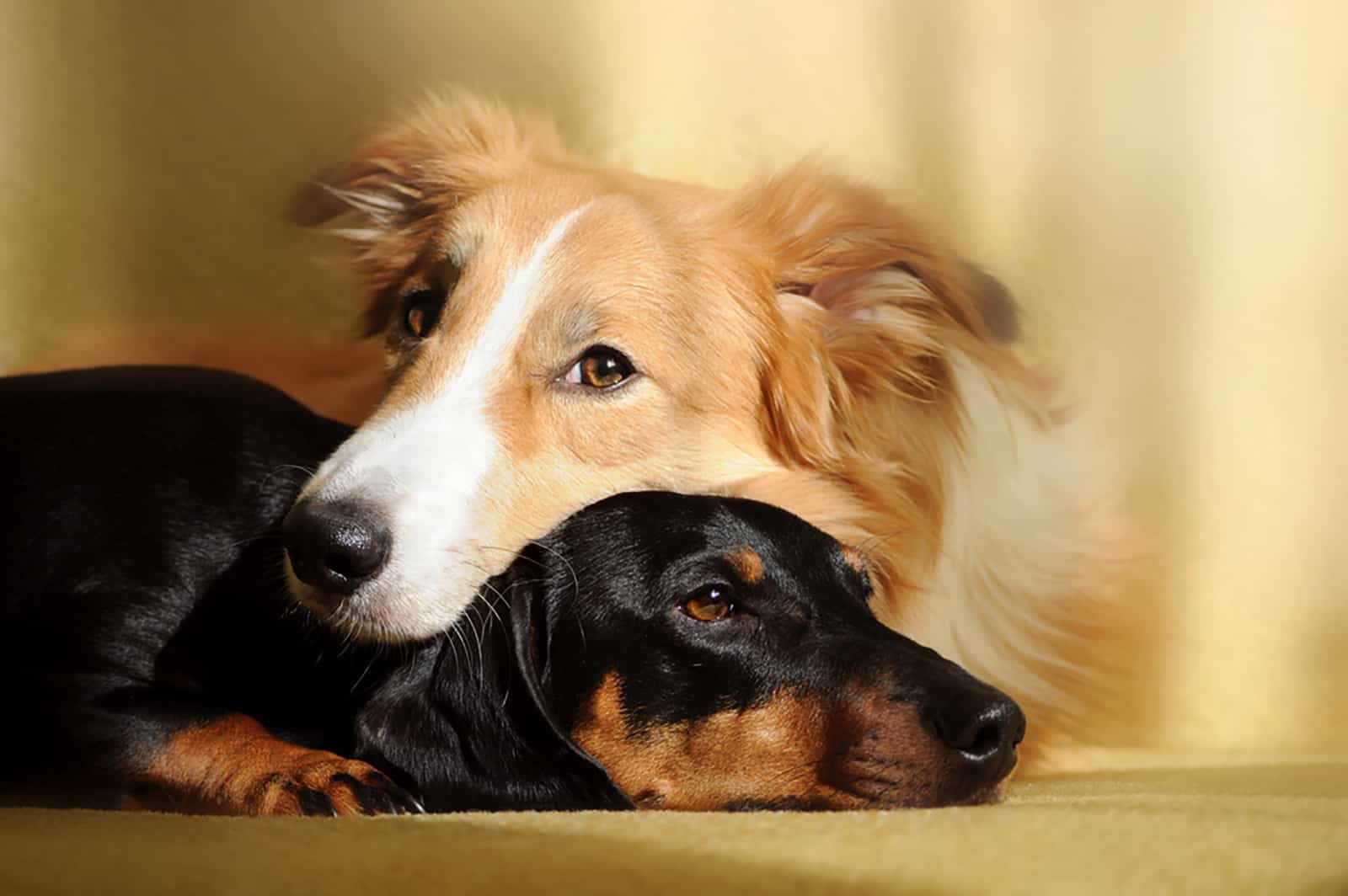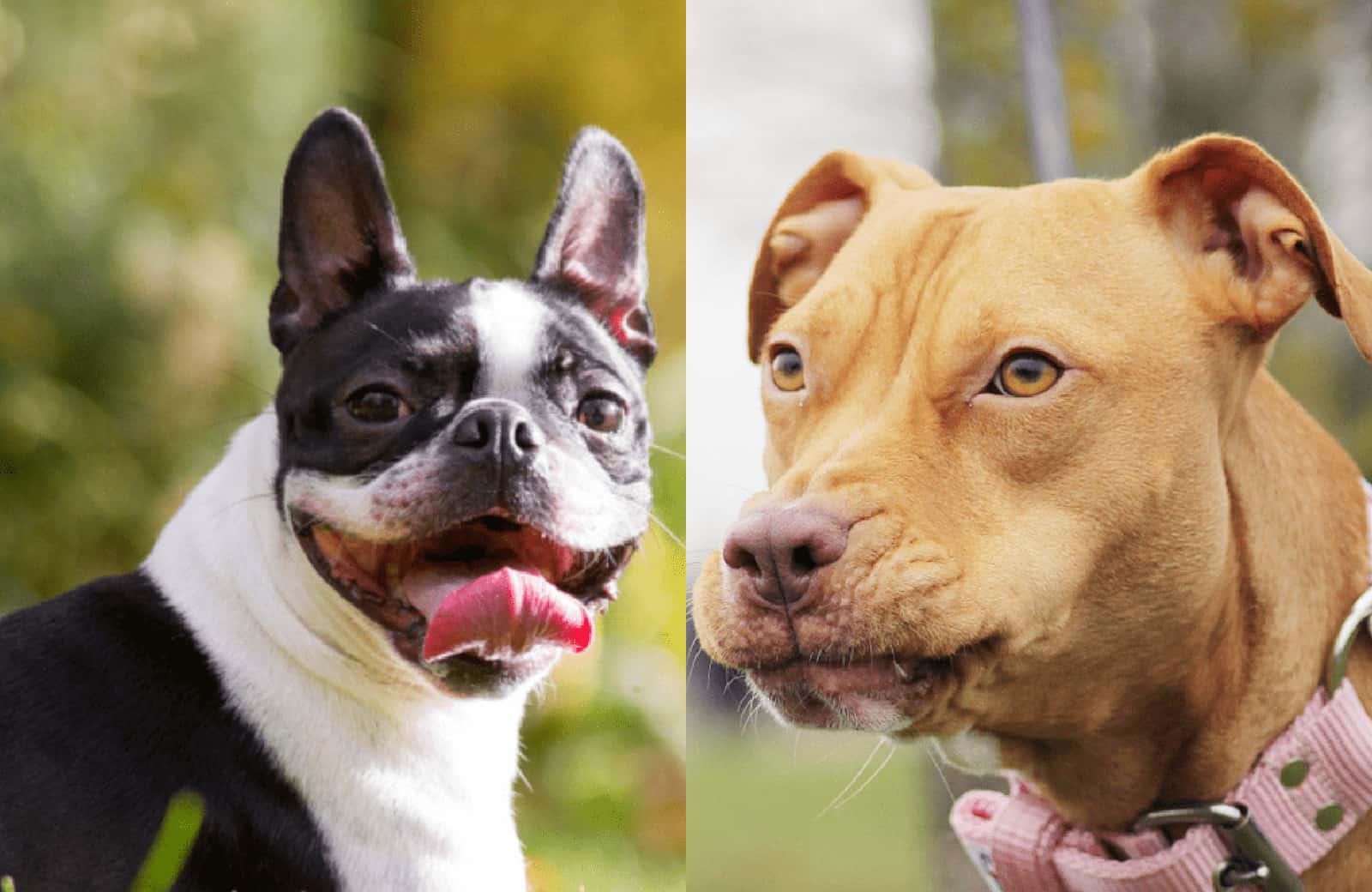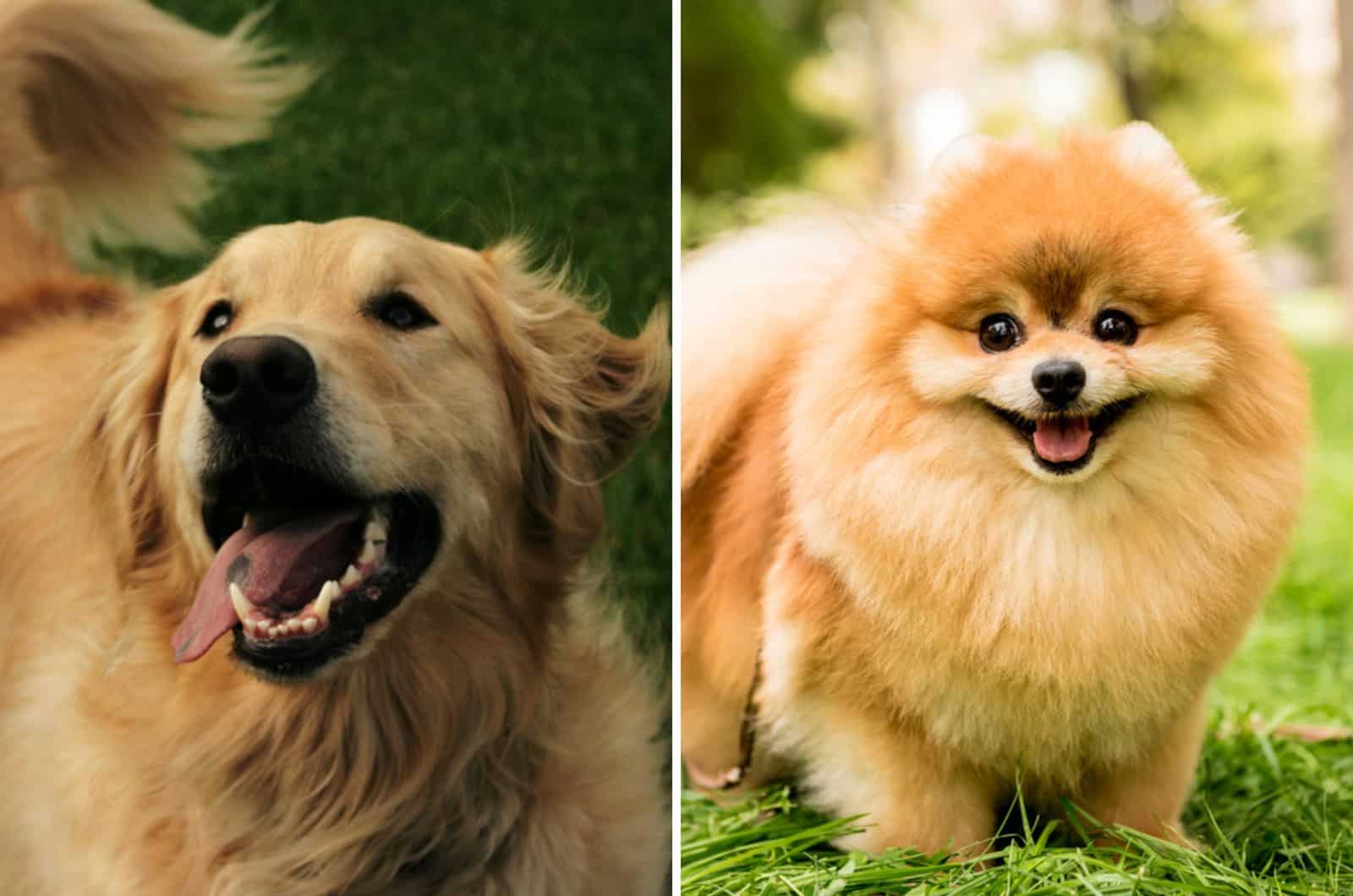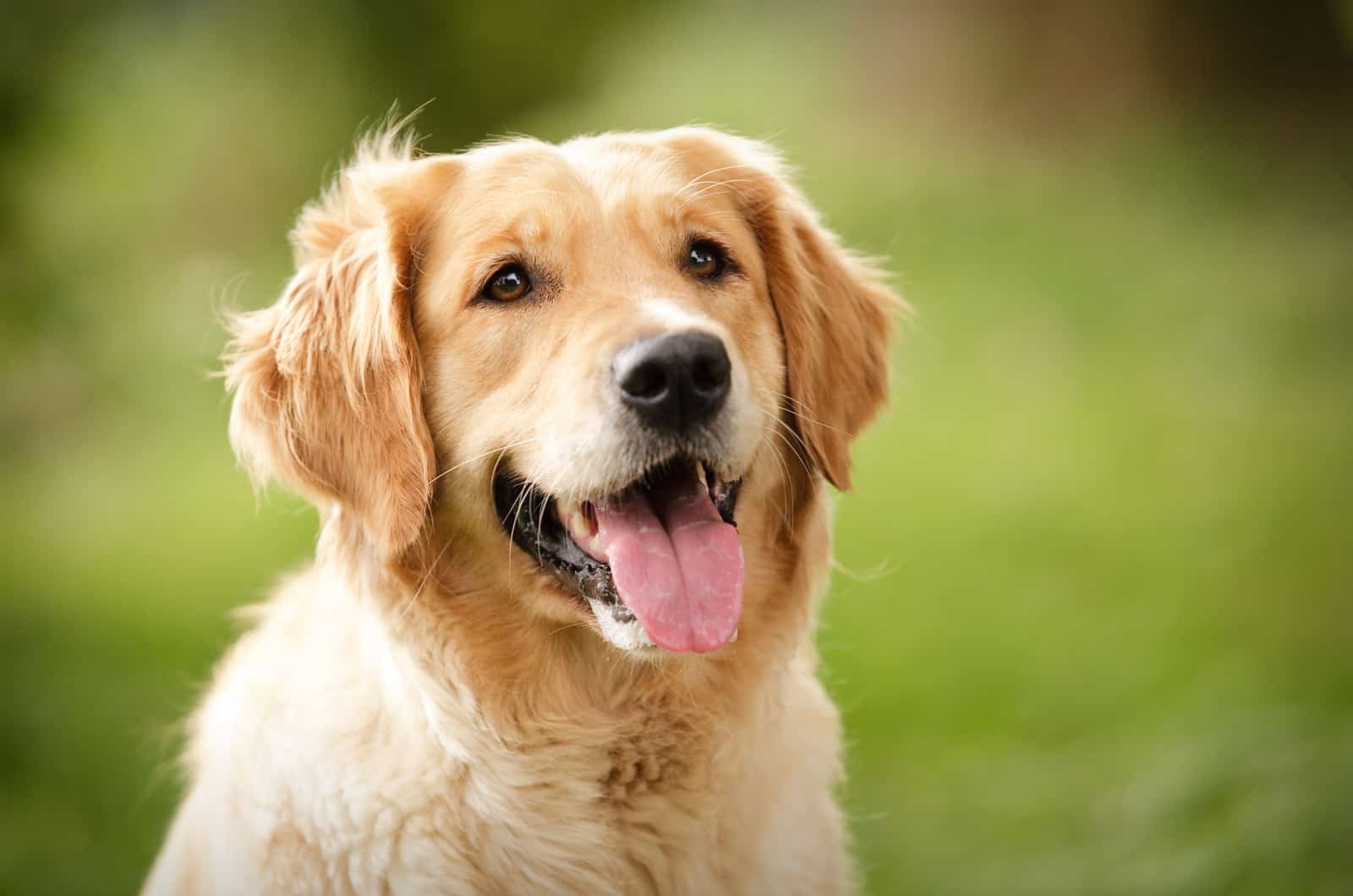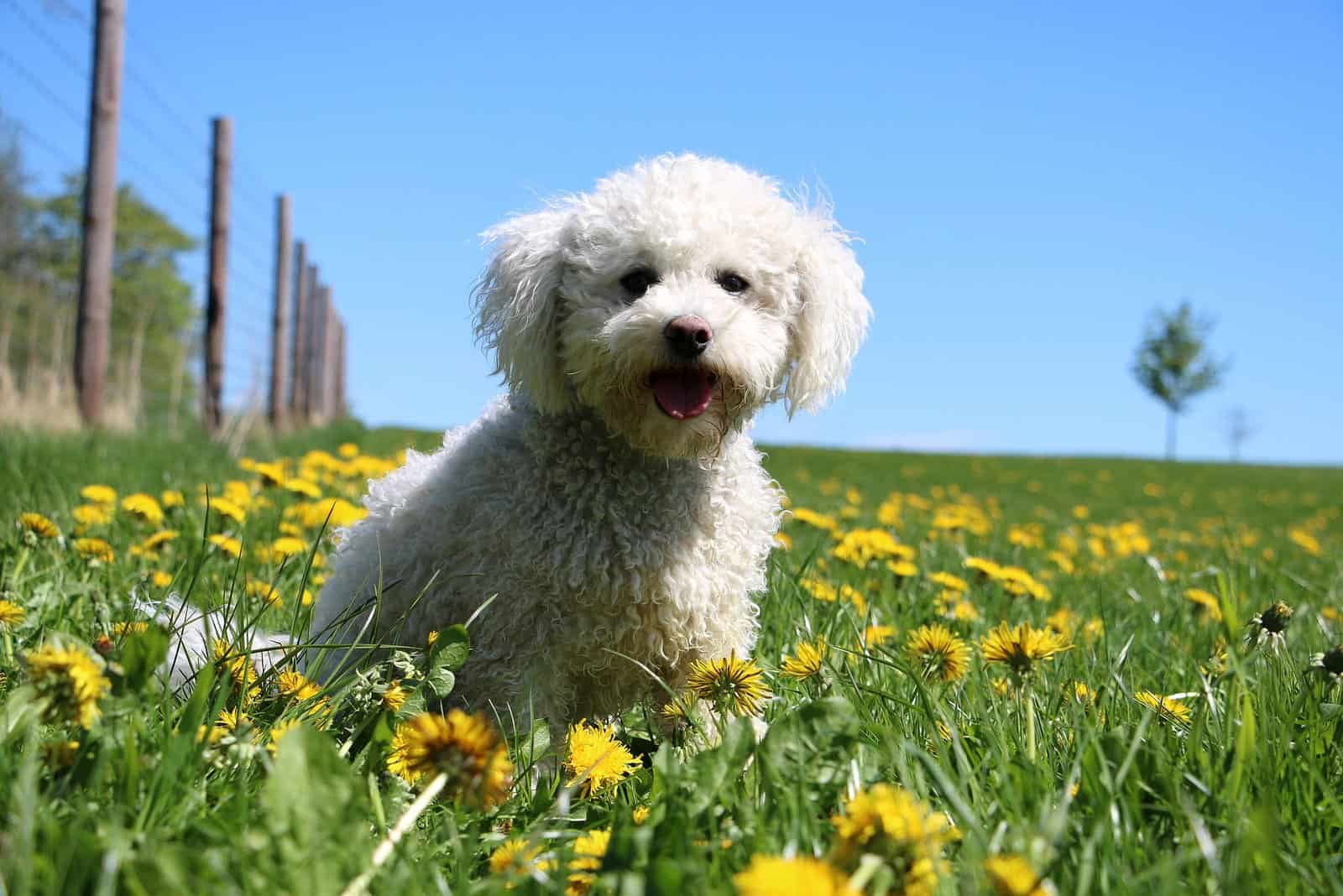If there’s one thing that Corgis are famous for, it’s their reputation for being the favorite breed of Queen Elizabeth II of the United Kingdom. It’s easy to imagine the Queen making her way gracefully around Buckingham Palace, with a bunch of these happy little pooches trotting along on their short legs as they follow at her heels.
It’s a comforting, nostalgic image and quite ‘British.’ So when you hear the term Cowboy Corgi, you might wonder what’s going on. Corgis originated from Wales, so where do cowboys come into it?
We’ll investigate this unusual dog breed to find out everything you need to know.
What Is A Cowboy Corgi?
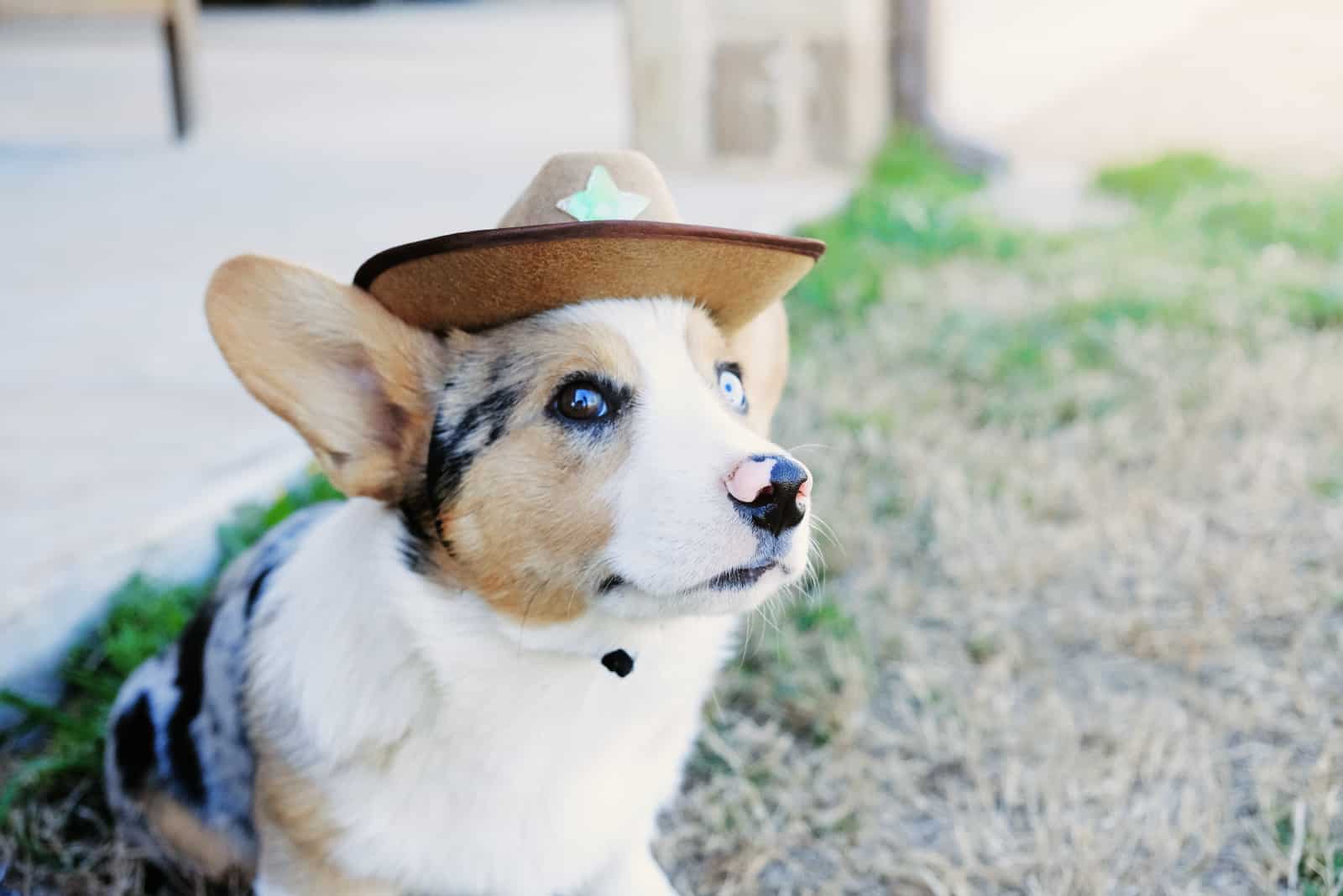
To make one of these unique dogs, you take a Pembroke Welsh Corgi and breed it with an Australian Cattle Dog.
So, we have a little dog from Wales and a medium-sized, muscular dog from ‘Down Under.’
Why on earth would anyone want to make a crossbreed from these two? Well, part of the answer lies in the ‘cowboy’ part of the name, as both breeds are working dogs, traditionally used for herding cattle, which is why the Cowboy Corgi is also known as the Corgi Cattle Dog!
To clear up any confusion, the Australian Cattle Dog is also sometimes called a Queensland Heeler or a Blue Heeler.
Information about this crossbreed is scarce, as they have not been recognized by the AKC or any other kennel clubs that would specify breed standards. If you are looking to bag yourself a Cowboy Corgi puppy, be sure to only approach a reputable breeder.
Despite the lack of detail about its origins, this breed is growing in popularity due to its excellent character and qualities, which we’ll now examine in more detail.
How Big Is A Cowboy Corgi?
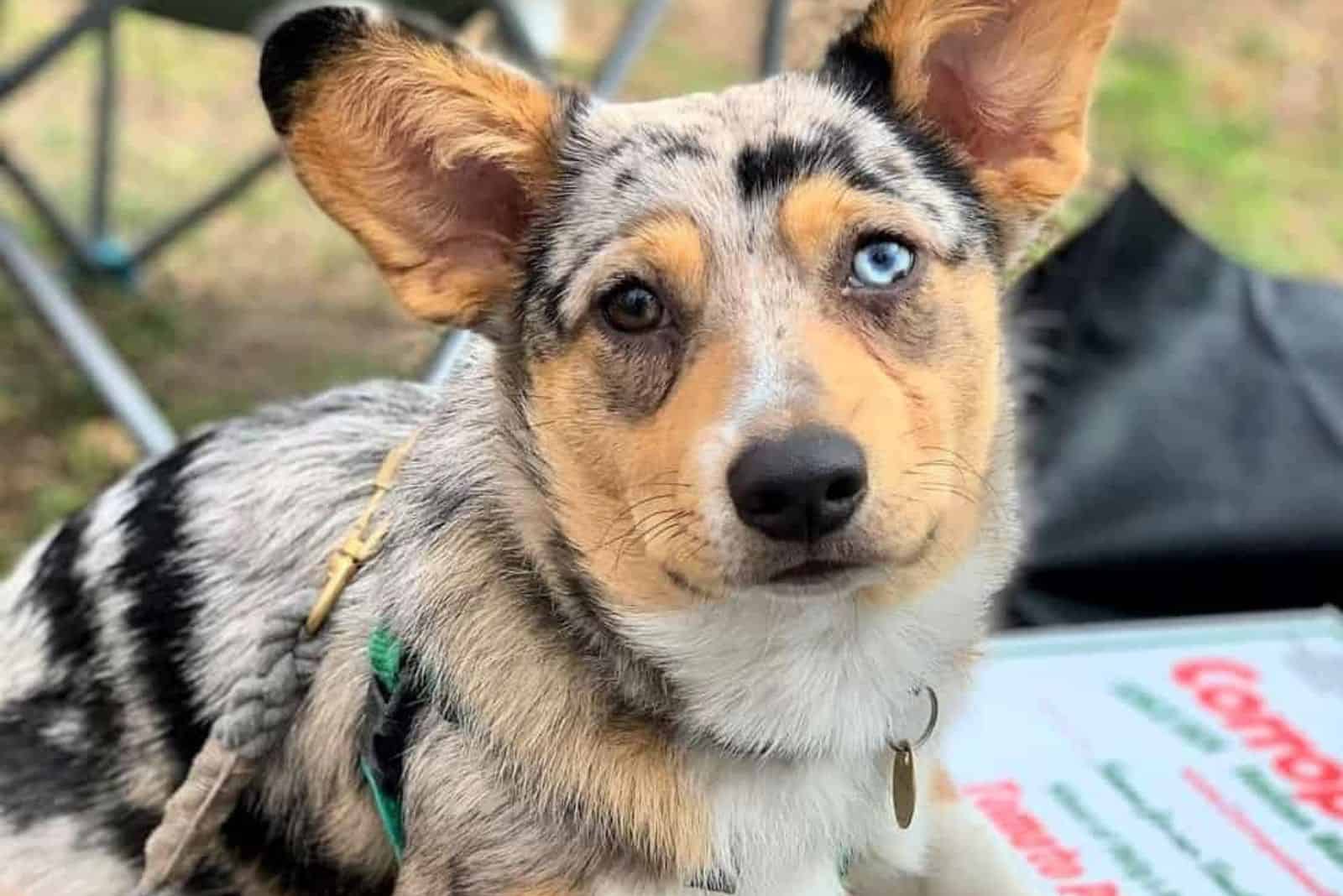
Slightly bigger than a Corgi, but smaller than a Cattle Dog! Corgis have an average size of around 30.5 cm (12 ins) for males and 25.4 cm (10 ins) for females. The average height for a Cattle dog is 46–51 cm (18–20 ins).
As a result, Cowboy Corgis stand between 33 cm and 50 cm (13–20ins), and although they still have short legs, these will be a little longer than the Corgi parent’s legs.
In terms of weight, they average at around 12–18 kg (26–38lbs) for either males or females, made mostly of that characteristic muscle and stockiness from the Cattle Dog.
So, not a big dog by any standards as they inherit the short stature of the Corgi. Though what they lack in size, they more than make up for in character!
What Is Their Temperament Like?
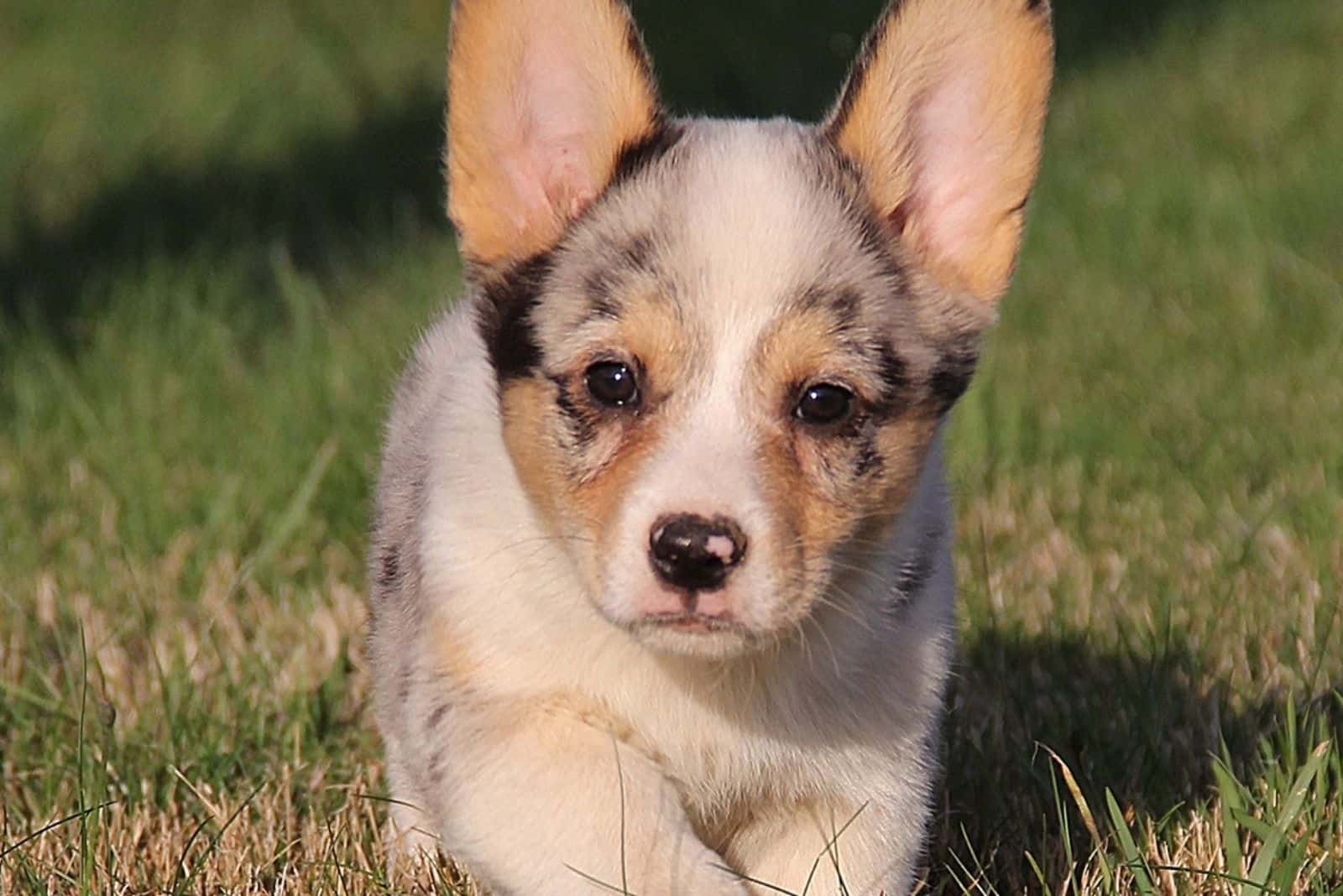
Keep in mind that both parent breeds are herding dogs. And when you add the fact that both breeds are highly-intelligent, you have a dog that can be a bit of a trickster at times! They will try to outwit you if they can, and don’t be too surprised if they manage to do so. They love a good puzzle or any challenge you can set them.
Some of the traits in your new puppy will depend on the dominant gene, so your pup could be more affectionate and loving or loyal and alert. The truth is, you’ll get the whole package, but certain traits will win out over others as the dominant gene from either parent shines through.
Reports on this mixed breed so far indicate that as well as being super-intelligent dogs, they are friendly, warm, and fun-loving. There may be a tendency to bark at strangers that call at your home, but once they are happy that all is well, they’ll most likely welcome them with affection.
Their herding instinct is very strong, and you may find them rounding up just about anything: small kids, other pets, visitors – anything that moves, basically! Being herders, they may instinctively take a nip at whatever they are herding, which is as it would have been back in the days when they were used for ‘droving’ cattle.
They also have a high prey drive and can be overprotective.
The best way to handle this is by getting them trained as early as possible. They’ll take to training well and will probably enjoy the challenge, although it could be just as challenging for you at the start as their willfulness shows itself. You’ll need to combine a firm hand with gentle persuasion in the form of some treats.
Overall, these are smart, loyal, fun, and energetic dogs that just live to please you.
What Do They Look Like?
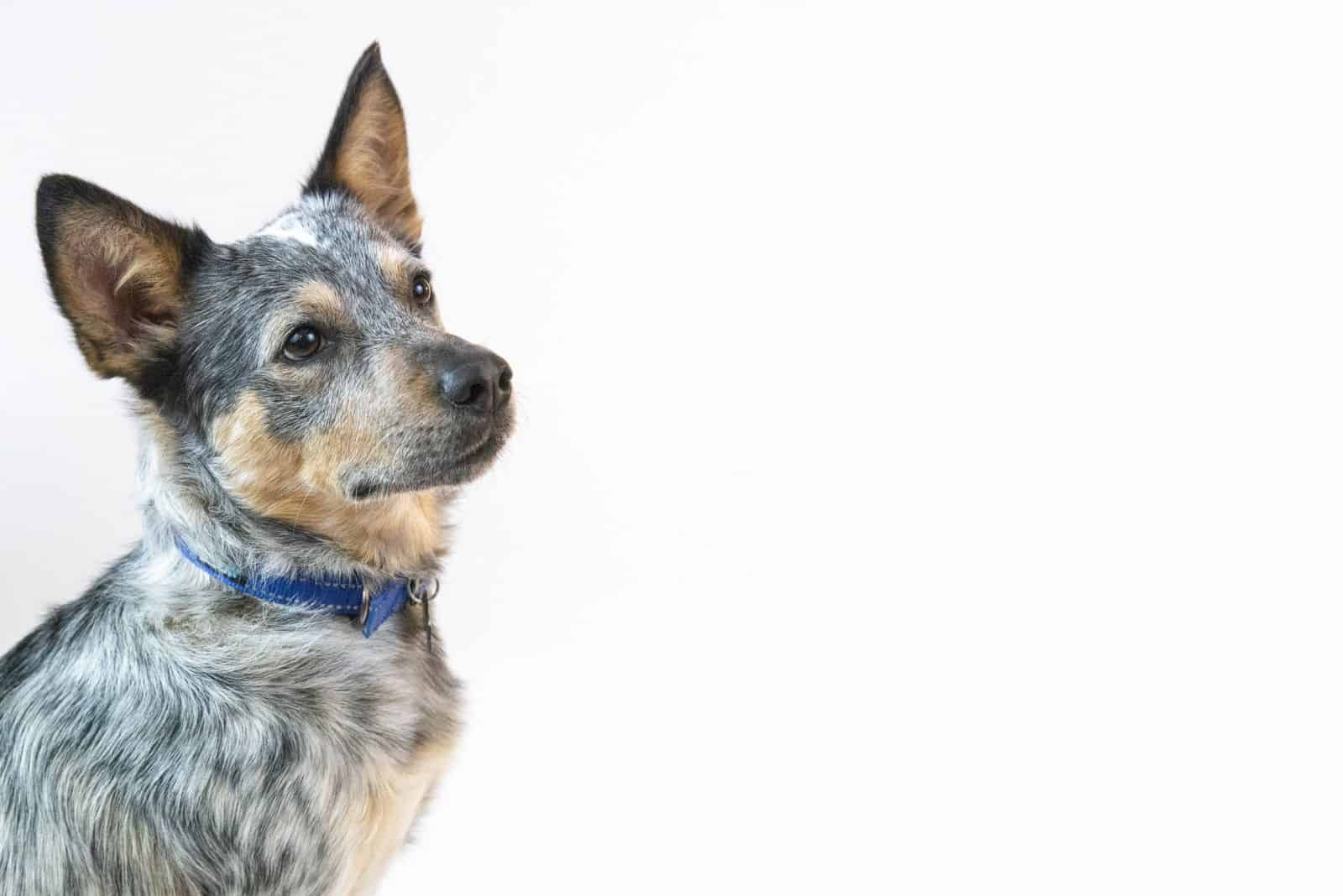
They have the Cattle Dog coloring on a strong, barrel-shaped Corgi body, with brown or blue eyes and long, upright ears. The coat can be tri-color, roan, or sable. You can also find merle, but this is pretty rare.
Without a doubt, whatever the coloring, they look adorable!
Depending on the genes, your pup might have a short tail or even none at all, as some Pembroke Welsh Corgi dogs are naturally born without them because of a genetic mutation. Traditionally, Corgis had their tails ‘docked,’ a practice that has become increasingly unpopular in recent times. In the past, the tails were cut off while the dogs were pups so that they wouldn’t become a hazard when the dog was old enough to start herding cattle.
Docking has been outlawed in many countries (unless it’s for medical reasons) as it is regarded as a cruel and unnecessary cosmetic procedure.
You can find out more information on this topic in our article Do Corgis have tails.
Do They Need A lot Of Care?
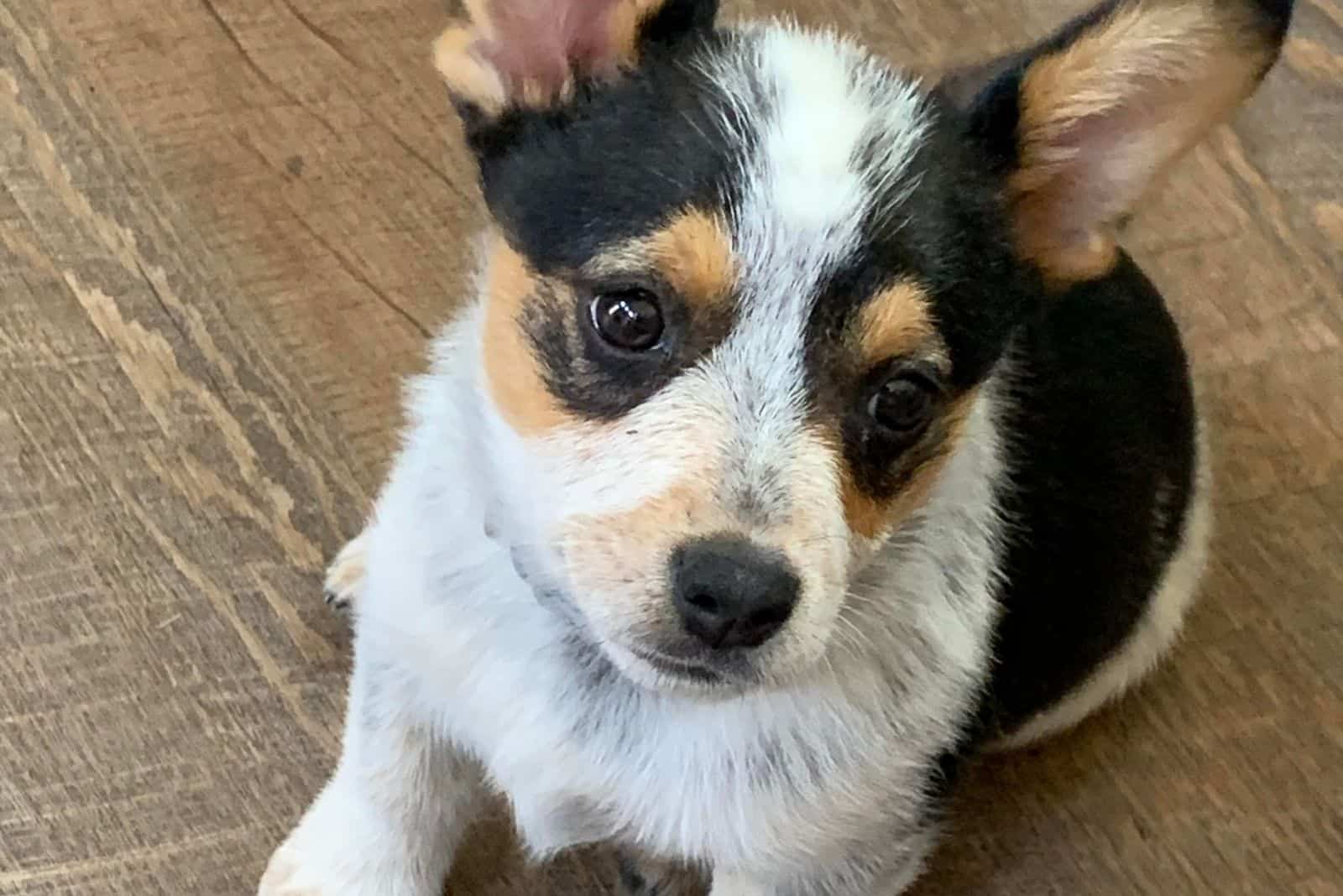
Both parent breeds have a double coat, consisting of an outer coat and an undercoat. This means lots of shedding and lots of hair around the place all year round but in spring and fall in particular, when the undercoat is shed completely.
The Cowboy Corgi inherits this short coat, but regular brushing and bathing can reduce the amount of dead hair floating about, but you should be prepared to accept that you’ll have dog hairs in your home a lot of the time. They are not classed as a hypoallergenic breed, so perhaps not the best choice for anyone with allergies!
Brushing is also essential to prevent matting of the hair, which is painful and can lead to skin infections. Matted hair traps dirt and dead skin cells and restricts airflow to the skin, which can cause irritation. As the dog scratches at this, they can break the skin, allowing bacteria inside where it starts to infect the tissue.
You should bathe them about once a month, using a dog shampoo formulated for double coats, and consider using a conditioner too, which will keep their coat looking great. A regular grooming routine will make life easier for you as it will cut down the amount of hair they drop.
It’s a good idea to brush their teeth a couple of times a week as well. Good dental hygiene is vital to keeping them healthy and preventing disease in later life.
Finally, check their eyes and ears once a week to make sure they are clean and free from infection and gunk!
A trip to the vet a couple of times a year will increase your canine friend’s chances of staying healthy. Early diagnosis and treatment of any illness increases the chance of swift recovery, and in some cases, survival.
Do They Have Many Health Problems?
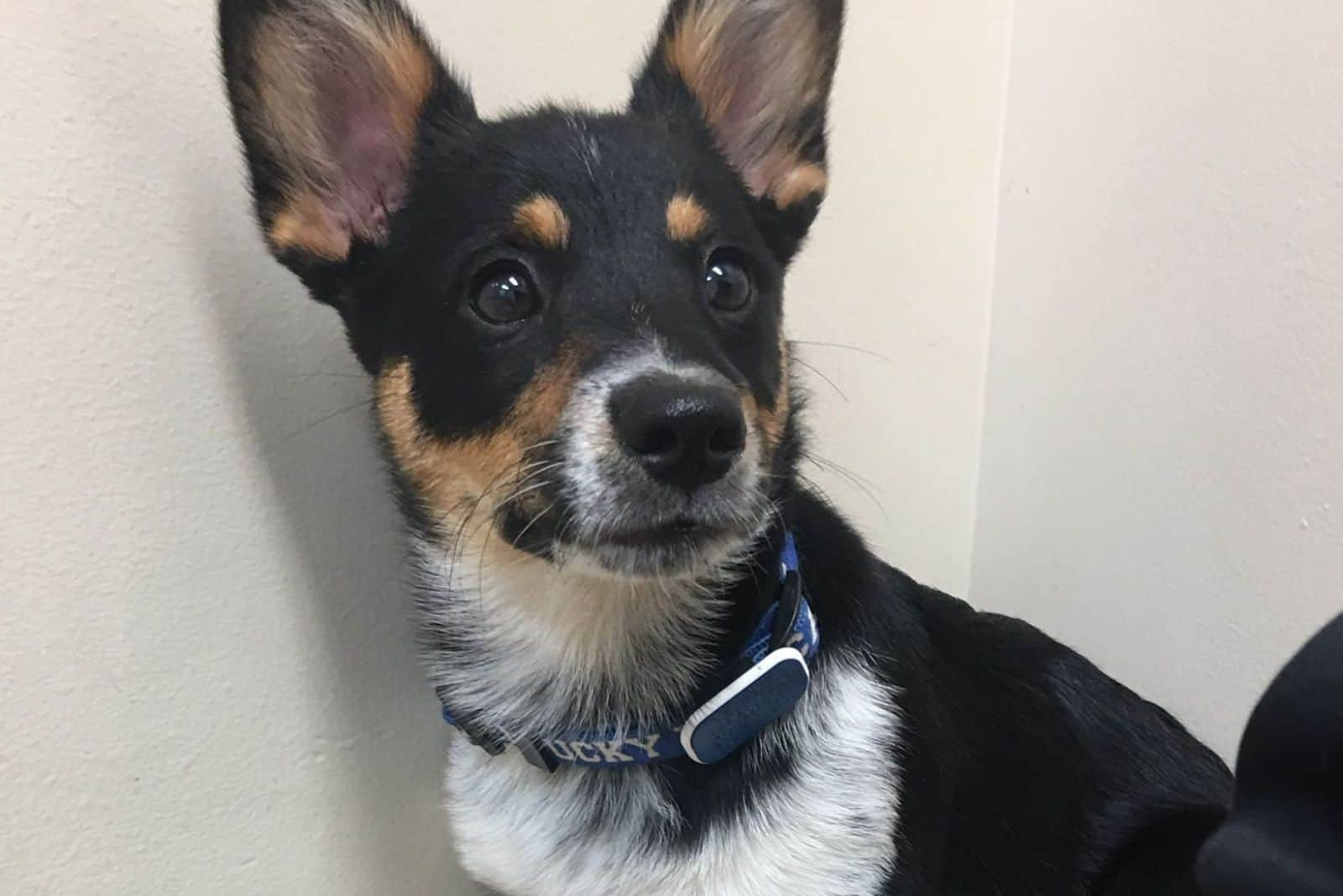
Any dog breed will have a list of common health issues that might show themselves throughout their lives. The good news is that crossbreeding can lower the risk of some of these conditions being passed on, especially when only one parent is carrying the gene.
Here are a few health conditions that have been reported in Cowboy Corgis:
• Hip dysplasia – often found in large dogs but common in many breeds. This is when the ball and socket don’t fit together properly. Instead of gliding smoothly, the bones grate against each other painfully, often leading to arthritis when the dog is older.
• Deafness – sadly, this is a hereditary condition faced by Australian Cattle Dogs for which there is currently no treatment or cure. Responsible breeders are attempting to phase this out through selective breeding.
• Progressive retinal atrophy – PRA is actually a group of diseases that attack the photoreceptor cells in a dog’s eye, gradually leading to complete blindness. It comes in two main forms, the first being retinal dysplasia, which is inherited or occurs when the dog is between 2–3 months old, and the second, late-onset form occurring between the ages of 3–9 years.
• Intervertebral disc disease (slipped disc) – a painful condition where the discs between the vertebrae (backbones) either rupture or bulge out of place. Cases vary from mild, where a course of anti-inflammatory treatment should suffice, to severe, where the dog experiences paralysis and may need surgery. The damaged disc presses against the spinal cord, which stops the brain from communicating with other parts of the body, including the bladder and bowels.
Aside from these, obesity is a common problem found in many breeds, and the Cowboy Corgi is particularly susceptible. Manage their diet carefully and try to use a good quality dog food and avoid giving them too many treats, especially highly-processed ‘human food.’ Many of these have hidden ingredients and carbs that will make your doggie pal sick or pile on extra weight.
Obesity increases the risk of heart problems as well as the chances of developing a slipped disc. It also makes the symptoms of hip dysplasia much more pronounced and painful.
The lifespan of this Corgi mixed puppy is between 12–15 years, with an average of about 13 years.
What About Exercise?
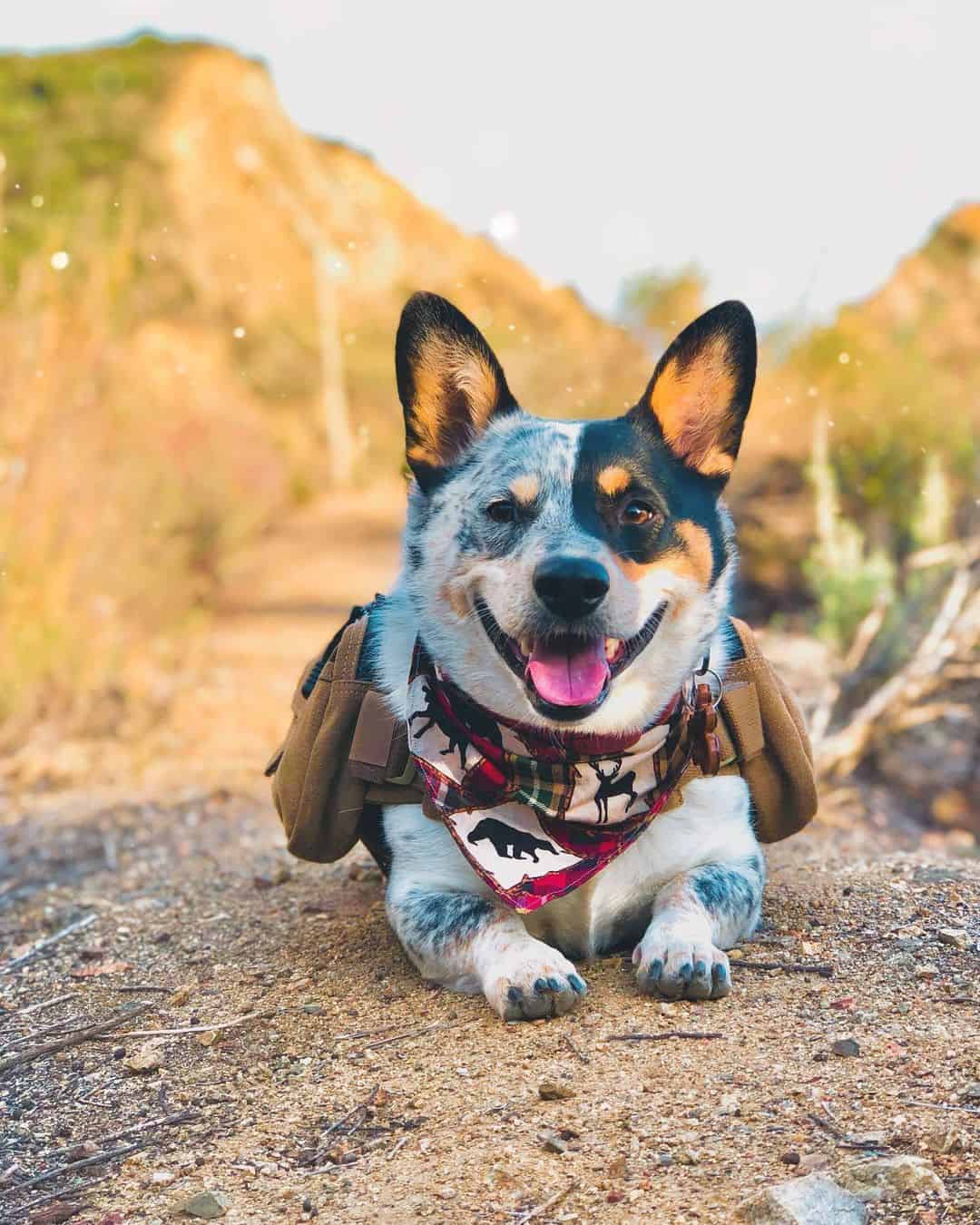
Photo from: @simba.on.trails
The ancestors of these dogs were bred to have boundless energy so that they could herd cattle and race around acres of farmland and countryside.
If you choose a Cowboy Corgi, you’d better have a pair of running shoes and hiking boots ready! This is one energetic dog. They’re in their element exploring new places and seeking out adventure, so they’ll make a good hiking companion. They need at least twenty minutes of exercise a day but will take much more.
For a smaller dog, they’re extremely active, so make sure you give them a good walk or, at the very least, playtime in the yard. Smart dogs with a lot of energy need to be kept occupied. Exercise is essential to stop them from gaining weight, but if they are bored, then you might find that they take it out on your home and possessions as they become destructive!
Do They Make Good Family Dogs?
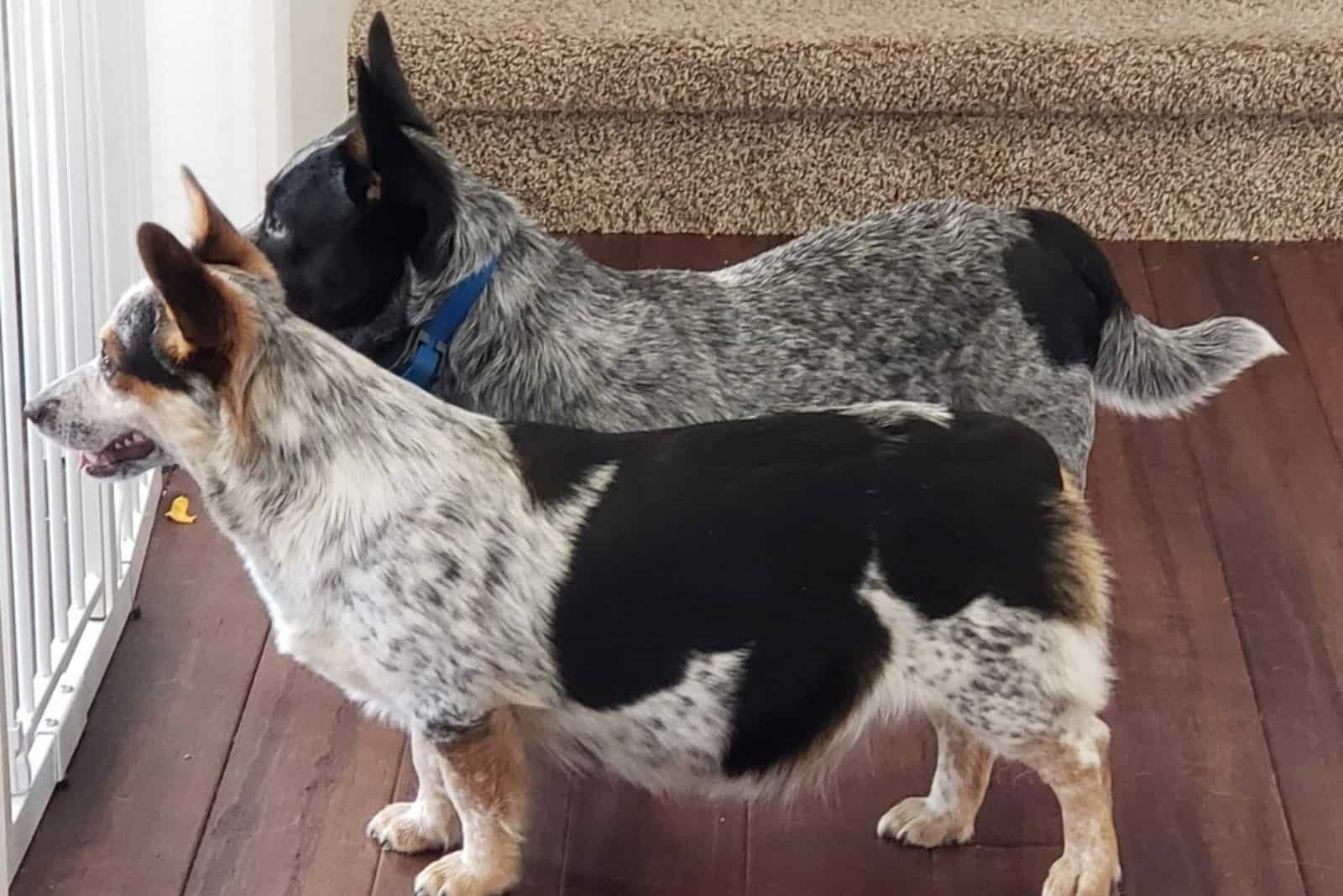
They’re equally at home with families, including those with young children or households with just a couple of adults. The important thing is that you must be active! This isn’t a breed that will be happy to lounge about on the sofa all day.
If you enjoy a hike, they’ll be happy to hit the trail with the pack, but be warned, if there are any slow-pokes, they’ll be running back to round them up.
Training and early socialization will go a long way in reducing any problems, such as their high prey drive or any instances of nipping. This applies equally to young kids, as children need to be educated on how to behave around puppies.
Your Cowboy Corgi pup will make a lot of noise if it senses danger or a threat to its territory. Once again, training can help you out here, but don’t be too harsh as it can be good to have an alert watchdog at times.
What To Take Away
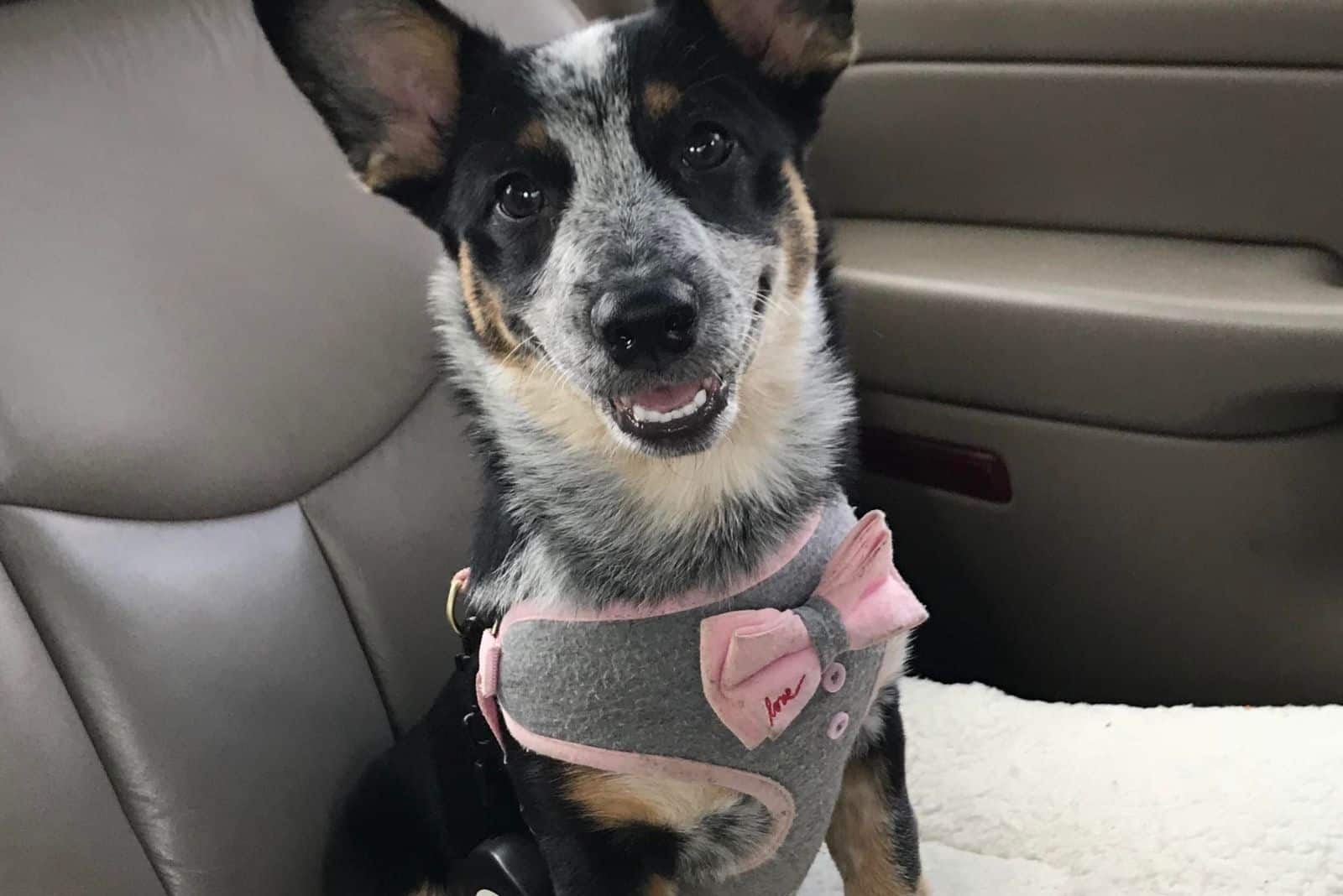
The Cowboy Corgi is a medium-sized bundle of fun, super-smart, and as loyal a friend as you would wish to meet.
They combine high-energy with warmth and affection, need plenty of exercise and stimulation, and take a moderate amount of care and grooming, though this shouldn’t take up too much of your time.
They’re a great choice as a family dog, they don’t take up a lot of room, and it won’t cost the earth to feed them. They might act aggressively towards strangers and other dogs, as this is their way of protecting you, their pack. Some early training and socialization will go a long way to reducing this instinct and save you a lot of hassle.
Be prepared to take them on adventures or keep them occupied by enrolling in agility training or herding trials. Set aside plenty of time for walks and playtime, and keep an eye on their diet to make sure they don’t gain excess weight.
Finally, we’ll let you in on a secret: Cowboy Corgis are seriously ‘food-driven.’ Keep a bag of treats on you, and they’ll be even more eager to please!
Read Next:
• Shaved Corgi: To Buzz Or Not To Buzz, That Is The Question
• 8 Corgi Breeders In Oregon: Corgis Of The Beaver State
